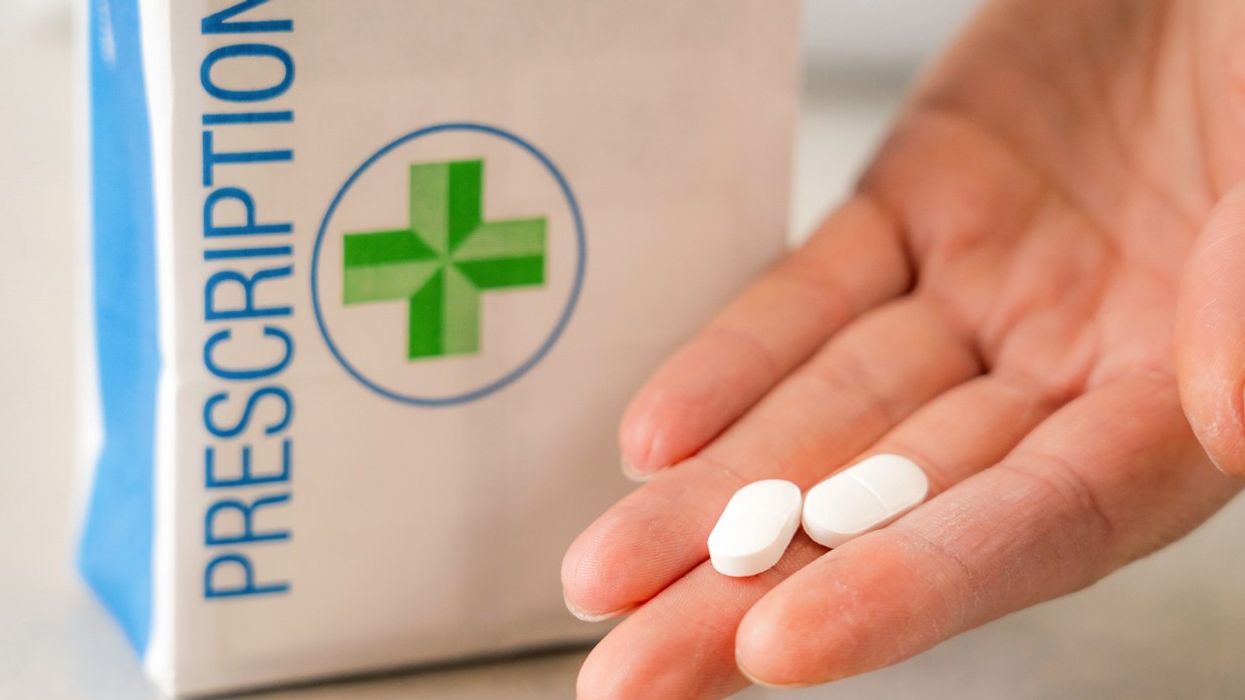MPs will consider a petition on prescription charges for people with long-term health conditions during a debate in the Parliament today.
More than a third of pharmacists who participated in a survey said they have seen an increase in patients declining prescriptions due to the cost in the last 12 months.
The survey was jointly conducted by the Pharmacists’ Defence Association (PDA) and the Royal Pharmaceutical Society (RPS), extending their support for the Prescription Charges Coalition (PCC).
Responding to the survey, 90 per cent of pharmacists admitted seeing cases where patients decline all the medicines on a prescription due to cost.
Nearly all respondents said they have seen cases where patients declined some of their prescribed medicines and more than a quarter of them have experienced such situation often.
They have warned of the impact of prescription charges as patients are denying vital medicines, including those for blood pressure and mental health, inhalers, antibiotics, pain relief, and statins, which can have potential consequences for the individual’s health.
Leading patient groups have been calling for reform to prescription charges in England.
Laura Cockram, Head of Campaigns at Parkinson’s UK and Chair of PPC, said that the results of this latest survey are “extremely concerning” and the UK government must take urgent action to help people with long-term conditions afford their vital medicines.
Alison Jones, Director of Policy at the PDA, suggested that patients in England should have the same access to medicines as those in other UK nations, where the affordability of prescriptions for the patient is not a factor.
“Our members do all they can to advise patients on NHS England schemes to reduce prescription costs, such as pre-payment, but ultimately in a cost-of-living crisis some patients cannot afford any price.
“There is a cost to the NHS of patients needing more complex care if their condition subsequently deteriorates and they need to be admitted to hospital, and an impact on the nation’s GDP when working people are unable to work effectively due to otherwise preventable ill health.
“Pharmacists should not be used as tax collectors,” she added.
Tase Oputu, Chair of the RPS in England, raised concern that prescription charges risk widening health inequalities in England amid an ongoing cost of living crisis.
“Nobody should face a financial barrier to accessing the medicines they need to stay well. It is high time this stealth tax was abolished,” she added.
The warning from the pharmacists comes ahead of a debate in the Parliament today (5 February), where MPs will consider a petition on prescription charges for people with long-term health conditions.













